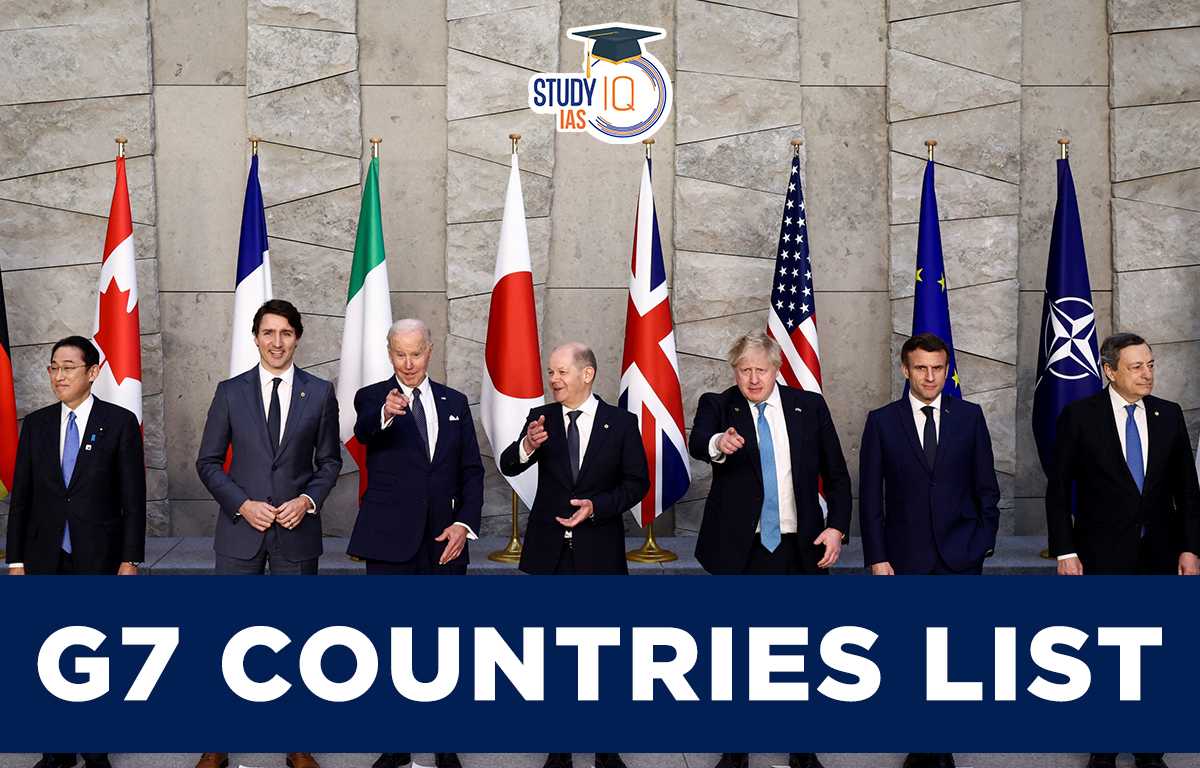Business
Italy’s Mattei Plan Faces Criticism Ahead of G7 Summit

Italy is gearing up to host the G7 summit in Fasano, where Prime Minister Giorgia Meloni has faced criticism for her Mattei Plan which focuses on Africa-centered development.
The Mattei Plan, named after Enrico Mattei, the founder of Eni, aims to establish international development partnerships targeting energy, growth, and immigration.
Eni, once a champion of state-owned enterprises (SOEs) in Italy, is now part of Meloni’s government push towards privatization to reduce public debt.
Meloni’s privatization agenda, although rooted in old economic theories, neglects the potential of public investment in stimulating private capital and economic growth.
Italy’s economic history shows the positive impact of increased public investment on private capital and overall growth.
The push for privatization in state-owned firms like Eni and Poste has raised concerns about the long-term implications on Italy’s economic landscape.
Meloni’s shortsighted privatization approach threatens to sideline the potential benefits of well-governed SOEs for economic development and technological advancement.
The historical trajectory of Italian SOEs reflects the country’s economic struggles and the challenges of balancing public versus private ownership in key industries.
While Meloni’s plan seeks to draw parallels with Mattei’s legacy, critics argue that her policies may not align with the principles of public ownership and international cooperation.
Despite the backlash, Meloni’s government continues to press forward with its privatization agenda ahead of the G7 summit, raising concerns about Italy’s industrial strategy and long-term economic sustainability.












